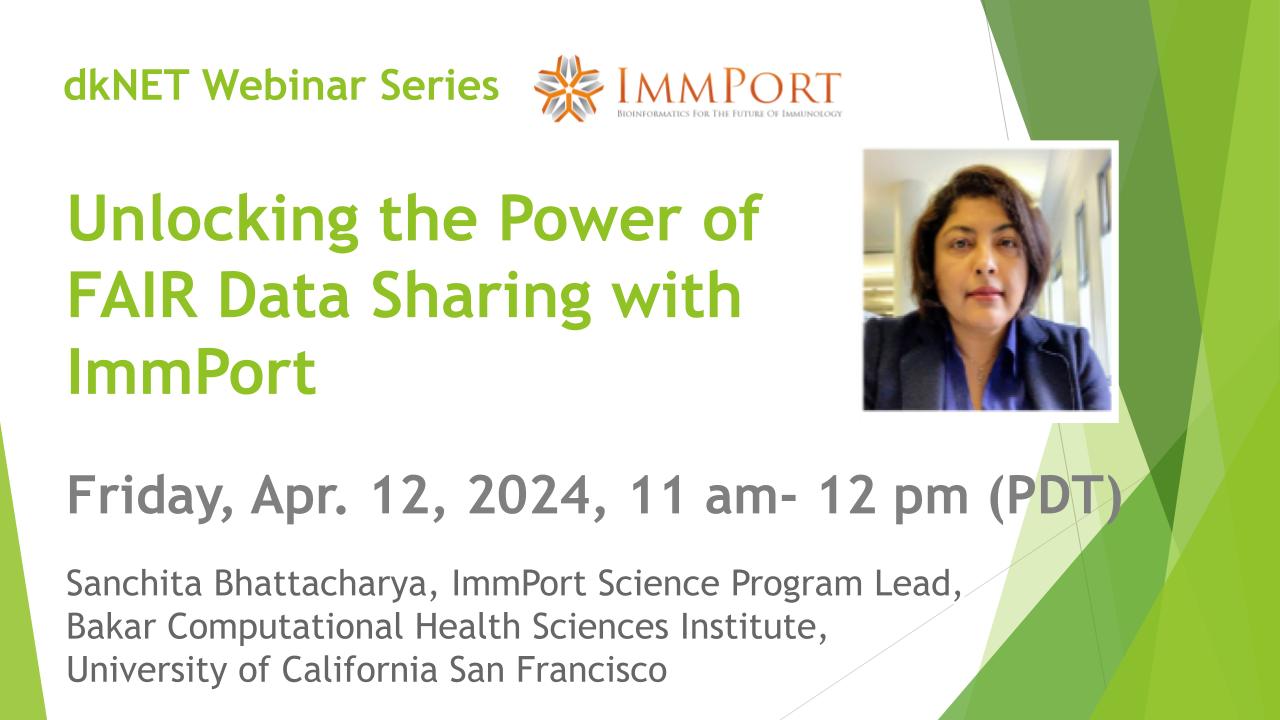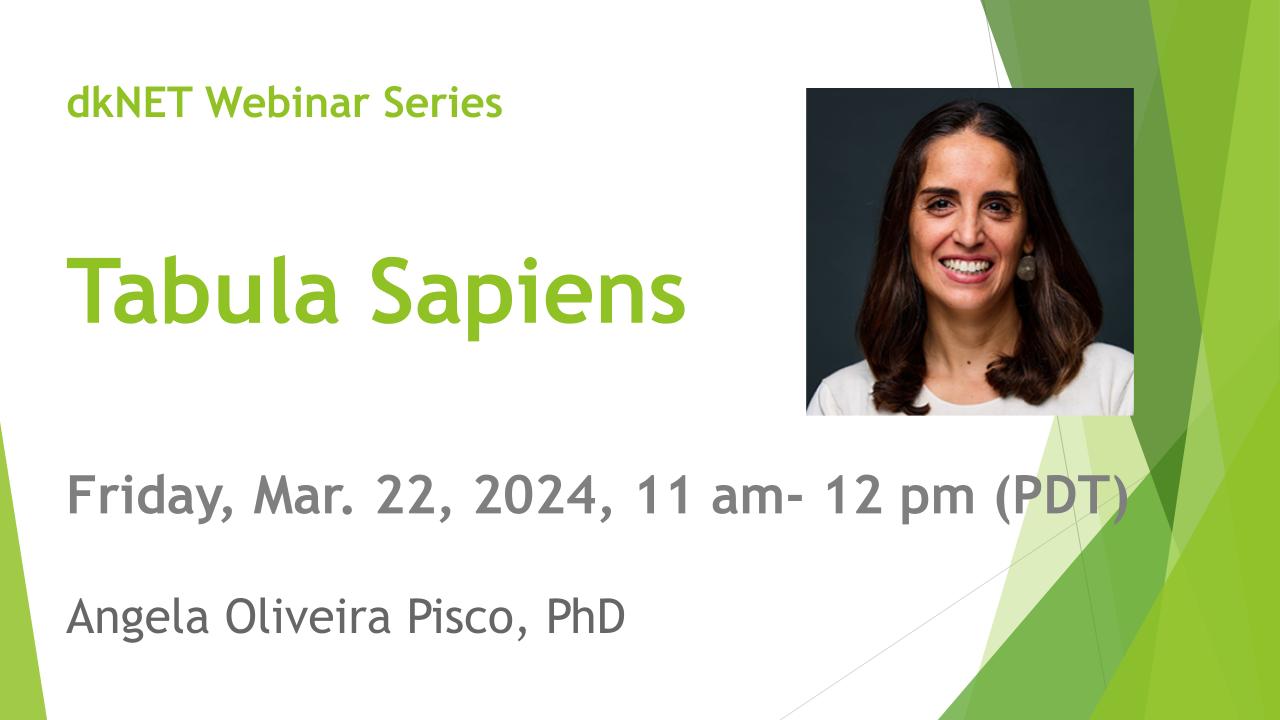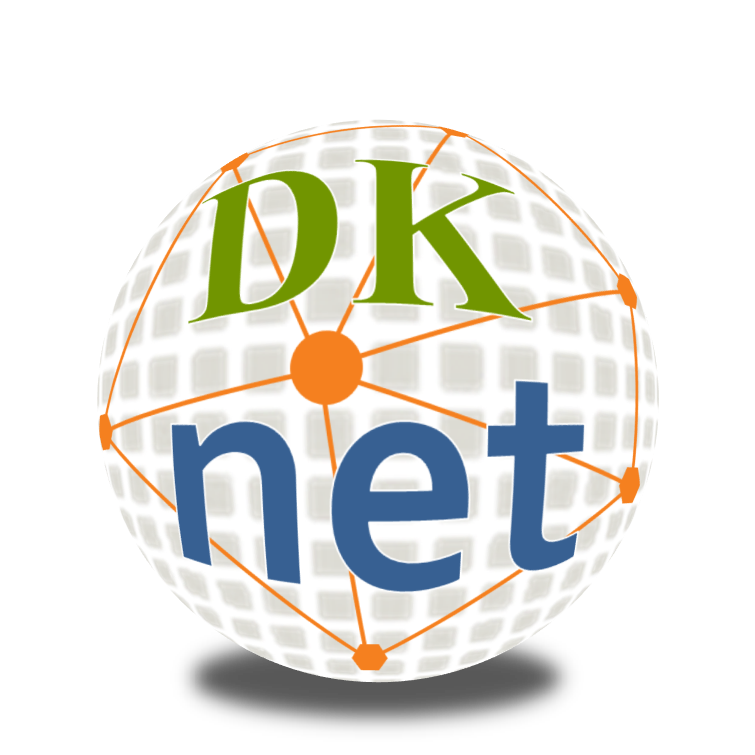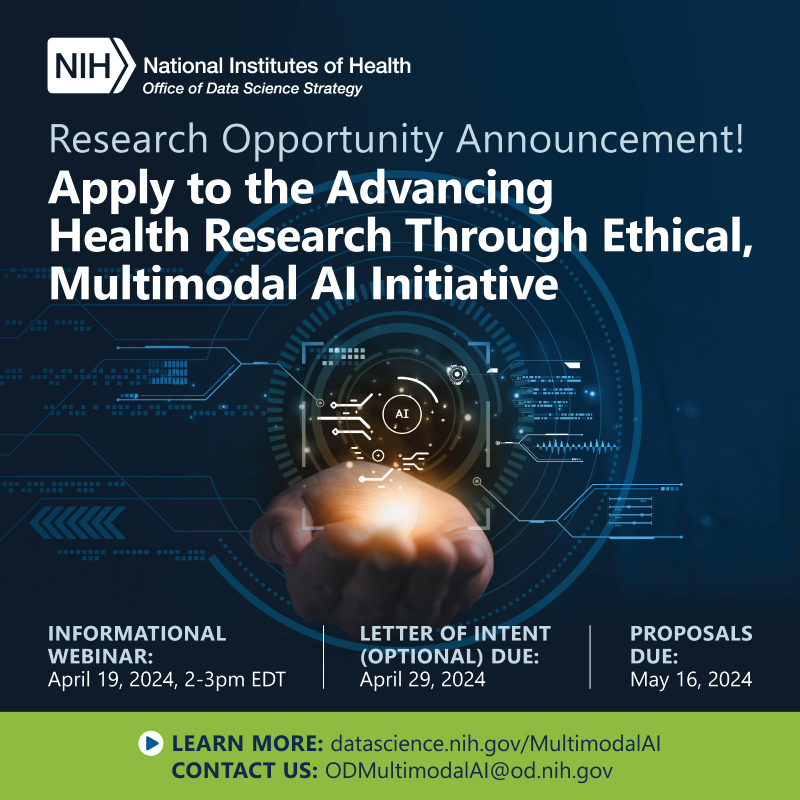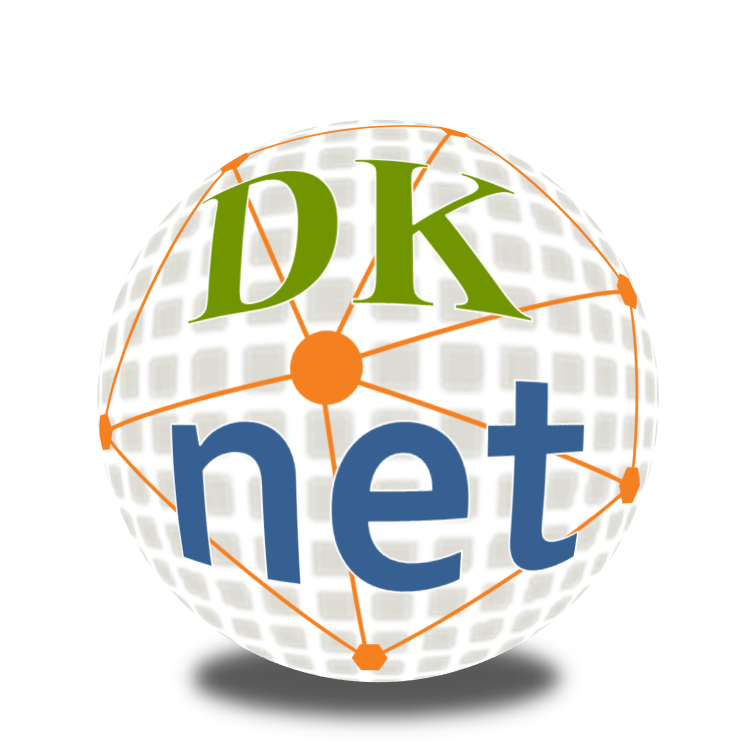Leaving Community
Are you sure you want to leave this community? Leaving the community will revoke any permissions you have been granted in this community.
dkNET community events and announcements in August, 2017
Dear dkNET Community,
dkNET provides updates on activities of interest to the NIDDK-supported community. You could keep up to date on these activities through our Twitter feed @dkNET_info, through our Community Calendar, or through dkNET e-mail list. If you have an event or funding opportunities you'd like to advertise, please contact us info_at_dknet.org.
Events in August, 2017
July 24 - Aug. 4, 2017
RC-SIRM Workshop - Stable Isotope-Resolved Metabolomics: Experimental design, methods, and data analysis
The 12-day workshop is appropriate for graduate students, technicians, post-docs, and faculty who wish to integrate stable isotope-enabled studies of metabolism into their experimental design.Attendee
Location: Lee Todd Jr. Building at 789 S. Limestone St. on the campus of the University of Kentucky
More information: http://bioinformatics.cesb.uky.edu/bin/view/RCSIRM/WorkshopSymposium2017
July 28- Aug. 4, 2017
Cources@CRG: Tissue Engineering Course: From STEM Cells to Organiods
Organoids are revolutionizing the fields of developmental and stem cell biology as they have enabled the in vitro generation of complex structures resembling whole organs. They can be generated either from resident progenitors in adult organs or from pluripotent stem cells (ES and iPSc). When stem cells are grown in a 3D environment, they recapitulate the mechanisms of organogenesis seen in vivo. They are able to differentiate, go through the processes of cell-sorting and acquire the specific tissue patterning to develop into several endoderm- mesodem and ectoderm-deriveSelected participants will get an overview of the background and current methods for the generation and characterizatio
Location: Barcelona, Spain
Registration: http://www.crg.eu/en/event/coursecrg-tissue-engineering-course-stem-cells-organoids
July 31- Aug. 4, 2017
Force 11 Scholarly Communications Institute
FSCI@UCSD is a week-long program that offers participants training, networking and skills development in new modes of research communication. The UC San Diego Library is hosting the event that will take place at the Institute of the Americas on the UC San Diego Campus. Based on proven models in other disciplines, FSCI@UCSD brings world-leading experts in different aspects of scholarly communication to San Diego to deliver courses that will help participants to navigate this new world.
Location: La Jolla, CA
Registration: http://mailchi.mp/force11/f11-scholarly-communications-institute-registration-open
Aug. 3, 2017
JAX Webinar: Reproductive Biology of Mice
To manage your mouse colonies efficiently, you need a solid understanding of mouse reproductive biology. Join this webinar to learn about the following topics: (1) Basic mouse reproductive anatomy and how you can determine the gender of mice at all ages (2)How pregnancy relates to reproductive states and the estrus cycle (3)How to optimize biological and environmental conditions and maximize breeding performance (4)How to troubleshoot breeding problems of challenging strains.
More information: https://www.jax.org/education-and-learning/education-calendar/webinars/2017/082017/reproductive-bio-aug-3
Aug. 5, 2017
RC-SIRM Metabolomics Symposium: Stable Isotope-Resolved Metabolomics: from bench to bedside
The one-day Symposium on August 5 will feature presentations and poster sessions from leaders using stable isotope-resolve
Location: Lexington, KY
More information: http://bioinformatics.cesb.uky.edu/bin/view/RCSIRM/WorkshopSymposium2017
Aug. 10, 2017
JAX Webinar: Humanized NSG Mice for Innovative Preclinical Research
The NOD scid gamma mouse uniquely supports the engraftment of human hematopoietic cells, enabling the creation of “humanized” NSG™ (hu-NSG™) mice. These mice serve as the state-of-the art platform for studying immunobiology, infectious diseases, graft-versus-ho
More information: https://www.jax.org/education-and-learning/education-calendar/webinars/2017/082017/nsg-aug-10
Aug. 14-25, 2017
2017 International Summer Sessions in Metabolomics
The West Coast Metabolomics Center organizes an instructional course for researchers for researcher which need a deeper and broader understanding in the field of Metabolomics. This course will span 12 days from August 14-25, 2017.
More information: http://metabolomics.ucdavis.edu/courses-and-seminars/courses
Aug. 17, 2017
JAX Webinar: Achieving Reproducible Mouse Studies
Success in the drug development pipeline depends on success in basic and preclinical research. Join us to learn about unique experimental design considerations for mouse-based research. We will discuss topics critically important to the reproducibility of your mouse studies:(1) Suitability of phenotypic readout (2) Appropriate model and control selection (3) Sample size planning.
More information: https://www.jax.org/education-and-learning/education-calendar/webinars/2017/082017/reproducible-mouse-studies-aug-17
Aug. 23, 2017
JAX Webinar: Genetic Enhancement of NSG/NRG Mice for Improved Human Disease Modeling
The advent of the highly immunodeficient NSG™ and NRG mouse strains has opened the door to human disease modeling in mice that was previously not feasible. These strains have been further genetically modified to express human growth factors, human leukocyte antigen (HLA) presentation molecules, genetic markers, and more for applications in cancer, diabetes and immunology research. In this presentation you will learn: (1) How new genetic alterations aid the hematopoietic humanization of these mice (2) How NSG, NRG and NSG-SGM3 compare as humanized mouse models (3) How HLA I and II molecules improve human immune function following hematopoietic humanization (4) The utility of specific modified alleles in tumor stroma studies (5) Which alleles are most useful for diabetes research.
More information: https://www.jax.org/education-and-learning/education-calendar/webinars/2017/082017/genetic-enhancement-aug-24
Funding opportunities information and deadlines in August, 2017
Aug. 1, 2017
Funding Opportunity Application Due Date: Centers for AIDS Research (P30)
The purpose of this Funding Opportunity Announcement (FOA) is to invite applications for the Centers for AIDS Research (CFAR) program to provide administrative and shared research support to enhance HIV/AIDS research. CFARs provide core facilities, expertise, resources, and services not readily obtained otherwise through more traditional funding mechanisms. The program emphasizes interdisciplina
More information: https://www.niddk.nih.gov/research-funding/current-opportunities/par-17-237
Aug. 22, 2017
Letter of Intent Due Date: NIH Director's Early Independence Awards (DP5)
Part of the High-Risk, High-Reward Research program, the award supports outstanding junior scientists with the intellect, scientific creativity, drive, and maturity to flourish independently by bypassing the traditional post-doctoral training period.
• Must receive doctoral degree or complete medical residency between June 1, 2016 and September 30, 2018
• Must be in non-independent research position at time of application
• Requires significant institutional support
• Single PI only
• Preliminary data not required
• $250,000 direct costs per year for up to 5 years
• Minimum of 80% research effort in first 2 years
• 3-5 Letters of Reference required
More information:https://commonfund.nih.gov/earlyindependence
Aug. 25, 2017
Funding Opportunity Application Due Date: Lasker Clinical Research Scholars Program (Si2/R00)
This FOA encourages applications for the Lasker Clinical Research Scholars Program for the purpose of supporting the research activities during the early stage careers of independent clinical researchers.The program offers the opportunity for a unique bridge between the NIH intramural and extramural research communities and contains two phases. In the first phase, Lasker scholars will receive appointments for up to 5-7 years as tenure-track investigators within the NIH Intramural Research Program with independent research budgets. In the second phase, successful scholars will receive up to 3 years of NIH support for their research at an extramural research facility; or, the scholar can be considered to remain as an investigator within the intramural program.
More information: https://grants.nih.gov/grants/guide/pa-files/PAR-17-254.html
Aug. 28, 2017
The NIH Common Fund Metabolomics Program Funding Opportunities Pre-Application Webinar
Topic: Metabolomics Stage 2 Pre-application Information Date: August 28, 2017 Time: 12:00 pm Eastern Daylight Time Registration is required.
More information: https://commonfund.nih.gov/metabolomics/webinars
Aug. 28, 2017
Funding Opportunity Application Due Date: Collaborative Computational Tools for the Human Cell Atlas
The Chan Zuckerberg Initiative invites applications to develop computational tools, algorithms, visualizations, and benchmark datasets in support of the Human Cell Atlas. Participants in this project will collaborate with each other and with Chan Zuckerberg Initiative scientists and engineers to accelerate progress, facilitate communication, and maximize open dissemination of the resulting tools. The goal of the International Human Cell Atlas project is to create a shared, open reference atlas of all cells in the healthy human body as a resource for studies of health and disease. This endeavor will generate molecular and imaging data across a range of modalities and spatial scales, requiring new probabilistic and integrative approaches for analysis and interpretation, systematic comparison of methods on benchmark datasets, and mechanisms for disseminating these methods to a wide community. The Chan Zuckerberg Initiative seeks applications for the development of computational tools, algorithms, visualizations, and benchmark datasets in support of this endeavor. This program welcomes applicants who are new to the Human Cell Atlas — no prior work in this area is required. In a new approach to open, collaborative development, researchers on projects funded by these grants shall work together and share progress with each other to evaluate the strengths of different approaches. To maximize the impact and visibility of this work, members of the Chan Zuckerberg Initiative science and engineering teams will work with successful grant recipients to help enhance and package their tools, and link them to the Human Cell Atlas Data Coordination Platform (DCP), if appropriate and desired.
More information: https://chanzuckerberg.com/initiatives/rfa
Aug. 31, 2017
Funding Opportunity Application Due Date: University of Chicago Digestive Diseases Research Core Center Pilot and Feasibility Program
The overarching theme of the DDRCC is research in Digestive Health and Disease, including inflammatory bowel diseases (IBD) and related areas of intestinal inflammation, immunology, the gut microbiome, metabolism, and epithelial biology/cancer of the GI tract. Pilot and Feasibility applications focused on these “mission” areas will receive higher priority. Broad aspects of basic and translational/clinical research related to enteric microbiology, inflammation, and immunology of the digestive tract and pathogenesis, genetics, pathophysiology, and bench-to-bedside aspects of inflammatory bowel diseases will be given higher priority. In addition, proposals focused on the examination of growth and differentiation, cancer biology, intestinal epithelial biology and pathobiology of the gastrointestinal tract (including the luminal GI tract, liver, pancreas, biliary system, etc.), as well as basic or clinical research in the areas of nutrition, metabolism, and digestive diseases are appropriate topics for Pilot & Feasibility studies.
More information: http://www.uchicagoddrcc.org/about-us

